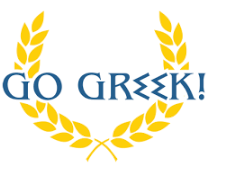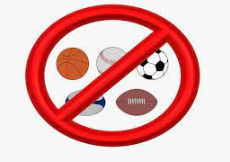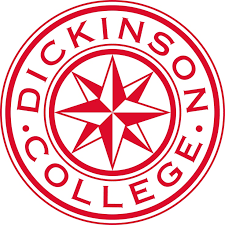My high school in Silver, Spring MD, right outside of Washington, D.C., had roughly the same amount of students as Dickinson College. When a school has over 2,000 students it is a guarantee you will not know or even meet everyone. It’s virtually impossible. Instead, students primarily form bonds with students in their grade, in their classes, or in clubs and organizations. This has been my experience. Outsiders in college, I believe, are students that keep to themselves and are often not a part of clubs and organizations on campus. By contrast, I think students who are actively involved in clubs and organizations on campus have a sense of belonging.
At college I belong to two groups that I experience primarily as plural others rather than as individuals. First, I belong to the group of “non athletes.” This might seem insignificant, however, even at a D3 school I feel the athletes are a big part of our campus. I do not necessarily recognize every athlete on campus, rather I see them as plural others. Unfortunately, I think this makes me have a more negative perception of athletes. If I do not rely on the individual character of each athlete I resort to stigmas, assumptions, and reputations of the teams to base my perception of them on. My reliance on these impersonal connections makes it more challenging for me to see athletes in a more positive light. The social and practical effects of othering is potentially being less engaged, compassionate, and polar.
In addition to the non-student athlete group I belong to I am also a part of Greek life on campus. Just like sports teams I often view sororities as collectives or plural others. When I view sororities as plural others rather than individuals I tend to resort to considering stereotypes and rankings of the organizations. I believe this is problematic. My perceptions of organizations are tainted or less genuine when I do not consider the individuals in each organization. The social and practical effects of this type of othering creates a sense of exclusivity and narrow mindedness.
Moving forward I would like to change the way I think of these groups. I want to form more genuine connections. To do this I need to view people less as others and more as individuals.
Read his article to better understand the concept of “othering”
https://www.masterclass.com/articles/othering


https://www.lexingtonprogress.com/2020/03/25/life-without-sports-the-march-sadness-edition/https://sites.rowan.edu/oslp/greekaffairs/

2 responses to “Concepts of Self and Other in my Community”
Very helpful article, thank you for this valuable information!
Thank you! I am glad you enjoyed the article.